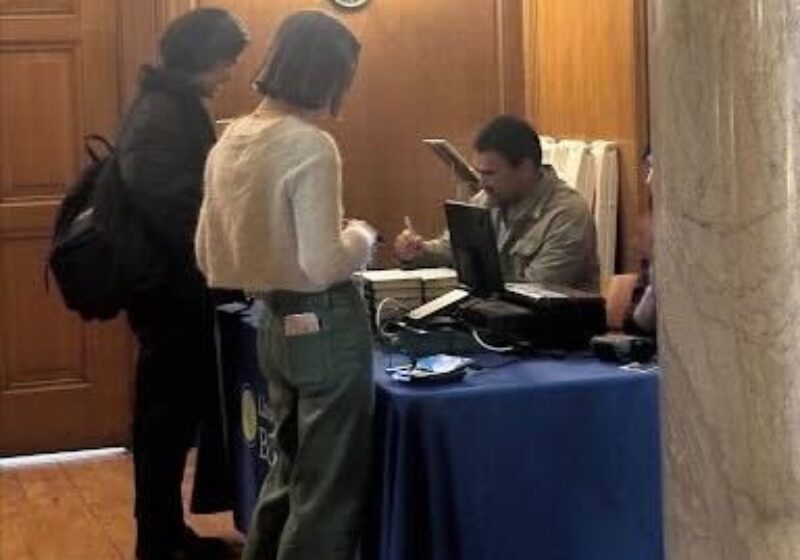SA passed resolutions that signify major changes ahead for student organizations, as well as SA Government’s own processes last Monday when the 2018–19 Senate met for the last time.
Senate voted on a series of motions, passing one that will change student organization procedures and structure. One of its more drastic changes is to discontinue the committee structure employed by many cultural organizations.
Under the current structure, organizations such as Black Students’ Union or Chinese Students’ Association act as parent organizations for committees which fall under them.
The new recommendation requires that all committees apply to become their own organization or be re-classified as initiatives of the parent organization. One rationale is that several committees “are operating like student organizations, but are not receiving the same support or resources,” the report says. By becoming their own organizations, committees would receive their own accounts and budgets. Initiatives, meanwhile, would remain under parent organizations and not receive these benefits.
The motion — put forth by the Task Force to Examine Student Organizations created in September — was approved, with one abstention.
Another idea discussed at length was a bill intended to improve Government efficiency by merging two director roles into one.
Currently, Government committees are led by a chair and an executive director. The chair is responsible for deciding what the committee wants to accomplish, and the executive director puts it into action by coordinating with various University administrators.
Due to concerns that this muddled communication both internally and externally, Senators have proposed to dissolve the executive director position, thus providing “one single point of main contact,” as sophomore and Senator César Febres-Cordero, said.
Concerns were raised that it might be difficult to hold the committee chair accountable, and that the workload might be overwhelming for a single person.
In response, Speaker Leif Johansen agreed that accountability for Senate members should be examined and possibly reinforced in the future. Parliamentarian and outgoing Campus Times Sports Editor Micah Greenberg, a sophomore, added that by dissolving the executive director position, the role of deputy chair would be given more responsibility.
The motion was passed with 11 yes’ to 3 no’s and 1 abstention.
Senate also resolved to improve accessibility to the Humanities Center and increase opportunities for students to engage with the humanities, as well as devoting more attention to class sizes of introductory undergraduate courses.
The other main point of business was to resolve a peculiar elections situation: Senate candidates sophomore Lola Rodriguez and first-year Summer Mills tied for the last available position for at-large Senators in the most recent elections.
“This is very unusual,” SA advisor Laura Ballou said. “We have not had a tie like this in a long time.”
The motion on the table was to overrule the bylaws and admit them both into the Senate of 2019–20. If the motion failed, a runoff election between the two would need to be held, which Ballou said has led to difficulties securing a decent student turnout in the past.
After some deliberation, the Senate passed an amended motion by secret ballot, allowing the two Senators to serve, but stipulating that the first vacancy by an upperclassman would not be filled.
Senate then approved the spring 2019 election results, welcomed the incoming Senators with a standing ovation swapping seats with them.
The new Senate team sang the Genesee together for the first time, and president Jamal Holtz and vice president Anne Marie Cortes, both juniors, expressed their enthusiasm to work with the team in the upcoming school year.
They then opened elections for their Speaker for the year. The Senate Speaker is in charge of the legislative branch and moderating the meetings.
Deputy Speaker first-year Lilly Hutton and Greenberg both accepted nominations for the position. At that point, the Senate voted to move to executive session, which is not recorded or open to the public.
The Campus Times learned after the meeting that Greenberg was appointed the new Senate speaker.
Editor’s note: To avoid a conflict of interest, Greenberg will be resigning from the Campus Times staff at the end of the semester.




